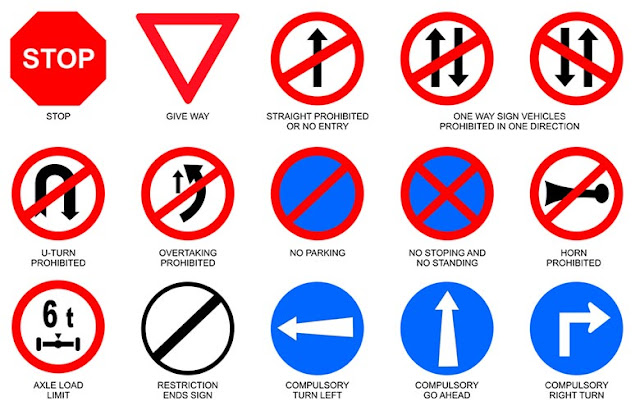Motor Vehicles Act [1988]
It is necessary to have knowledge of Motor Vehicles Act passed in 1939 and amended in 1988.
In the old days, many of the pedestrians who were knocked down by motor vehicles and who were killed or injured, did not get any compensation because the motorists did not have the resources to pay the compensation and were also not insured. In order to safeguard the interests of pedestrians, therefore, the Motor Vehicles Act, 1939, introduced compulsory insurance.
The insurance of motor vehicles against damage is not made compulsory, but the insurance of third party liability arising out of the use of motor vehicles in public places is made compulsory. No motor vehicle can ply in a public place without such insurance.
The liabilities which require compulsory insurance are as follows:
(a) any liability incurred by the insured in respect of death or bodily injury of any person including owner of the goods or his authorised representative carried in the carriage.
(b) liability incurred in respect of damage to any property of a third party;
(c) liability incurred in respect of death or bodily injury of any passenger of a public service vehicle;
(d) liability arising under Workmen’s Compensation Act, 1923 in respect of death or bodily injury of:
(i) paid driver of the vehicle; (ii)conductor, or ticket examiner (Public service vehicles); (iii) workers, carried in a goods vehicle;
(e) liability in respect of death or bodily injury of passengers who are carried for hire or reward or by reason of or in pursuance of contract of employment. The policy of insurance should cover the liability incurred in respect of any one accident as follows:
(a) In respect of death of or bodily injury to any person, the amount of liability incurred is without limit i.e. unlimited.
(b) In respect of damage to any property of third party : A limit of Rs.6,000/-.
The liability in respect of death of or bodily injury to any passenger of a public service vehicle in a public place, the amount of liability incurred is unlimited. Section 140 of the Motor Vehicles Act 1988, provides for liability of the owner of the Motor Vehicle to pay compensation in certain cases, on the principle of “no fault”.
The amount of compensation, so payable, is, Rs.50,000/- for death, and Rs.25,000/- for permanent disablement of any person resulting from an accident arising out of the use of the motor vehicle.
(Note: The principle of “no fault” means the claimant need not prove negligence on the part of the motorist. Liability is automatic.)
![Motor Vehicles Act [1988] Motor Vehicles Act [1988]](https://blogger.googleusercontent.com/img/b/R29vZ2xl/AVvXsEjPSPT9jXJl1uH4RBMCihUUpHLoRKn-b5eDoLaXruoq-r3rHmb2v45ulev27m7Mxbi_tGm1B4PxOyn1ScBeZMDcvC8DKYDT9-7CK19auiDXqT22c48cd9RRtT0RulFGdLFpzvcN5jtQPEac/s400/The+Motor+Vehicles+Act%252C+1988.png)


0 comments:
Post a Comment